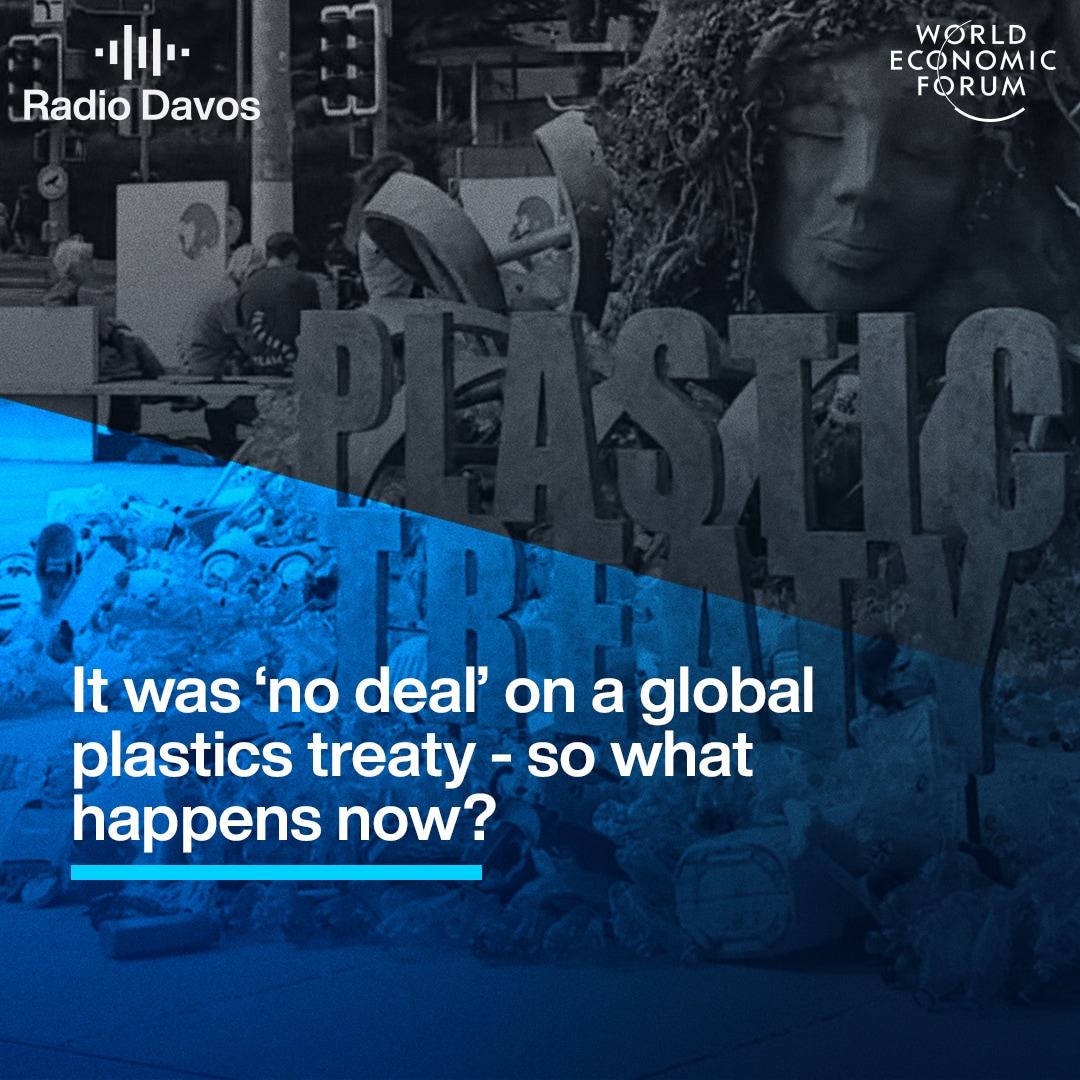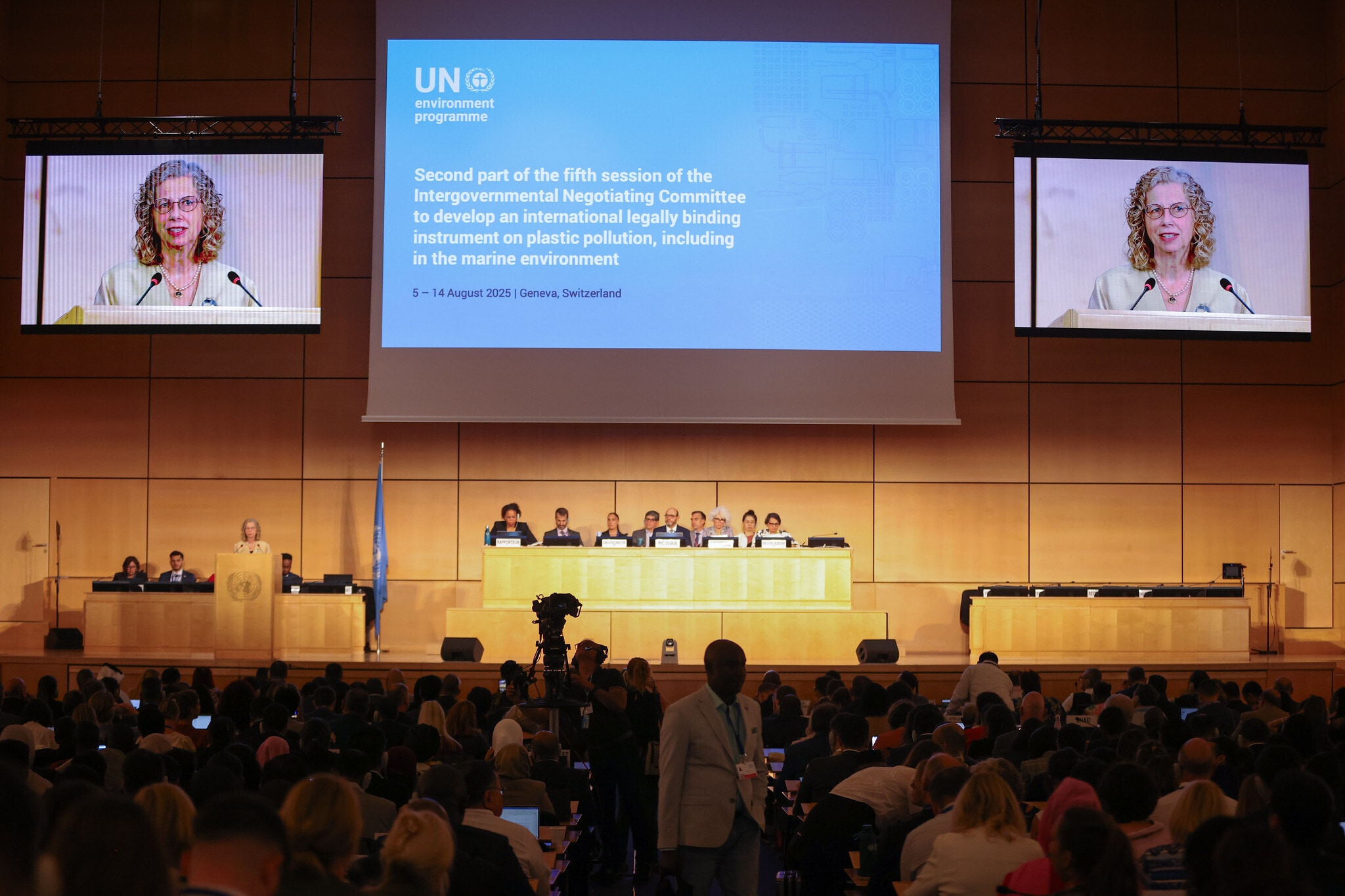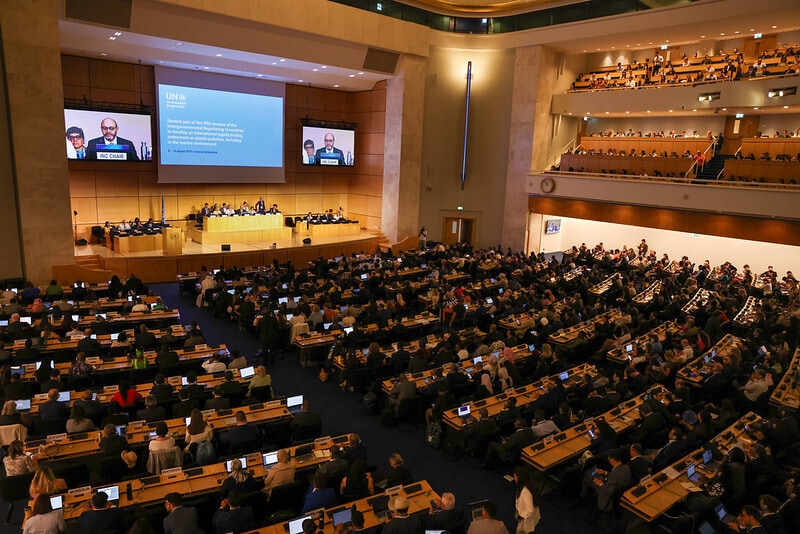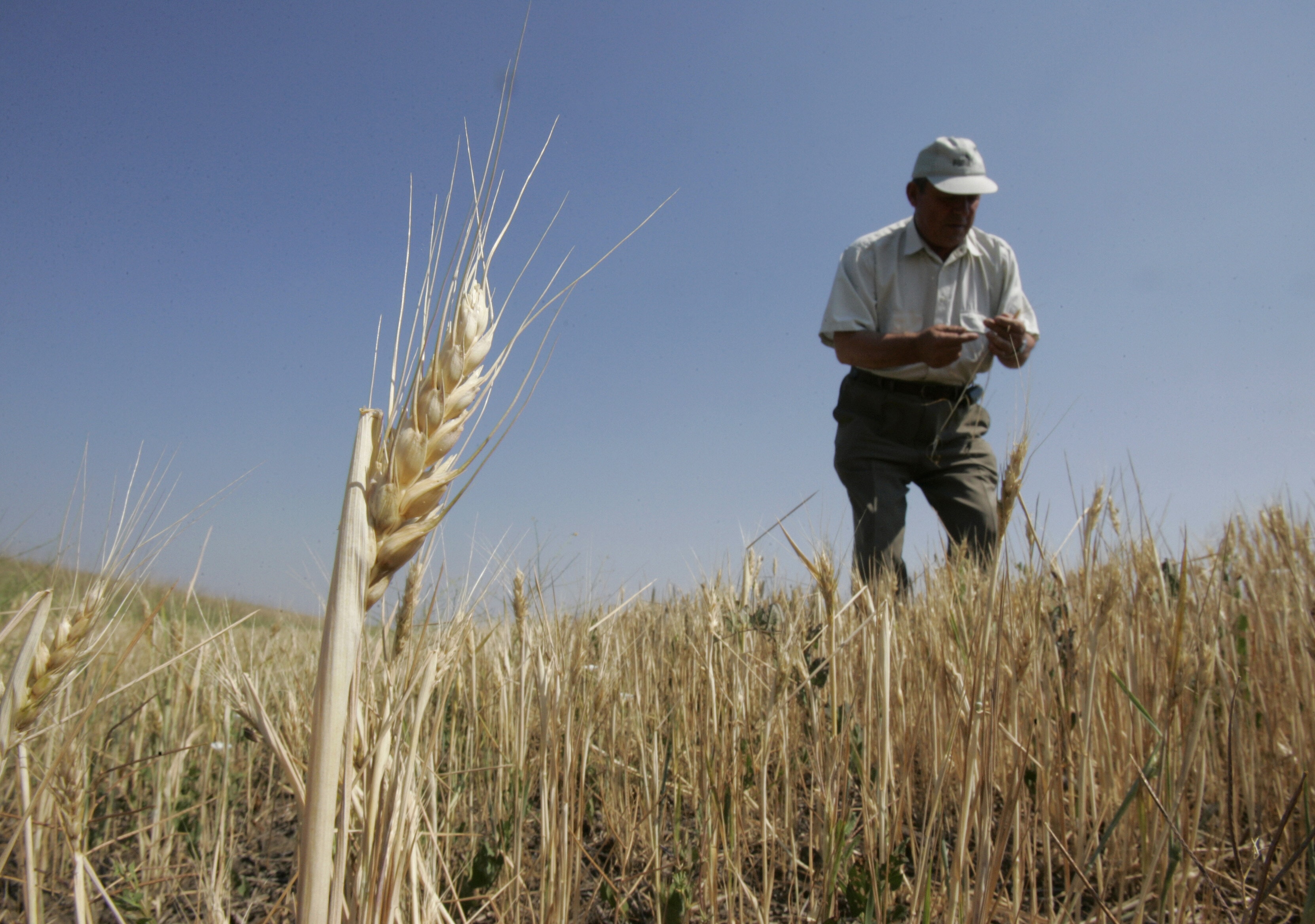A new $2 million prize to stop plastic waste taking over the oceans
Rising tide: A man collects plastic on the beach near Manila
Image: REUTERS/Cheryl Ravelo
Stay up to date:
Future of the Environment
Plastics are everywhere. They protect our food, make our planes lighter, and help wind turbines turn. Yet our plastics system is broken. Only 14% of plastic packaging is recycled, resulting in a loss of $80 billion-$120 billion per year to the global economy. Many plastic items are used only once before being discarded and often end up polluting the environment. If nothing changes, there could be more plastic than fish in the ocean by 2050.
So how do we fix this? People all over the world are gathering to clean up beaches, while new technologies to remove plastics from the ocean are currently being developed. As the demand for plastics is set to double in the next two decades, we need to look at the root cause not just the symptoms, if we really want to solve the problem. To free our ocean from plastics, we have to fundamentally rethink the way we make, use and reuse plastics, so that they do not become waste in the first place.
To create a circular economy for plastics – a New Plastics Economy – we need innovation in the form of better materials, clever product designs, and new, circular business models.
That’s why the Ellen MacArthur Foundation together with HRH The Prince of Wales’s International Sustainability Unit has launched the $2 million New Plastics Economy Innovation Prize, calling for designers, entrepreneurs, academics and scientists to find solutions that keep plastics in the economy and out of the ocean.
By introducing two different $1 million challenges, the New Plastics Economy Innovation Prize invites everyone with a great idea to participate. The Circular Design Challenge will focus on how we can get products to people without generating plastic waste; tackling small-format packaging items – which makes up 10% of all plastic packaging – such as shampoo sachets, wrappers, straws and coffee cup lids, which are currently not recycled and can pollute the environment.
Beverage cans offer a great example of the power of redesign. Until the 1970s, the tab we press to open the can came off after it was opened, polluting the environment and lost to the recycling system. By simply redesigning the tab to stay on the can after it was opened has saved over a million tons of aluminium ever since.
The Circular Materials Challenge seeks ways to make all plastic packaging recyclable. Around 13% of today’s packaging, such as crisp packets, food wrappers and shampoo sachets, is made of layers of different materials fused together. This multi-layer construction provides important functions like keeping food fresh, but also makes the packaging difficult to recycle. The challenge therefore invites innovators to find alternative materials that could be recycled or composted.
The Innovation Prize is funded by Wendy Schmidt, lead philanthropic partner of the Ellen MacArthur Foundation’s New Plastics Economy initiative and has been developed with more than 40 participants of the New Plastics Economy initiative, including Amcor, The Coca-Cola Company, Danone, MARS, Novamont, PepsiCo, Unilever, and Veolia.
Don't miss any update on this topic
Create a free account and access your personalized content collection with our latest publications and analyses.
License and Republishing
World Economic Forum articles may be republished in accordance with the Creative Commons Attribution-NonCommercial-NoDerivatives 4.0 International Public License, and in accordance with our Terms of Use.
The views expressed in this article are those of the author alone and not the World Economic Forum.
Forum Stories newsletter
Bringing you weekly curated insights and analysis on the global issues that matter.
More on Nature and BiodiversitySee all
Tom Crowfoot
August 20, 2025
Chavalit Frederick Tsao
August 19, 2025
Andrea Willige
August 15, 2025
Tom Crowfoot
August 14, 2025
James Balzer
August 14, 2025






